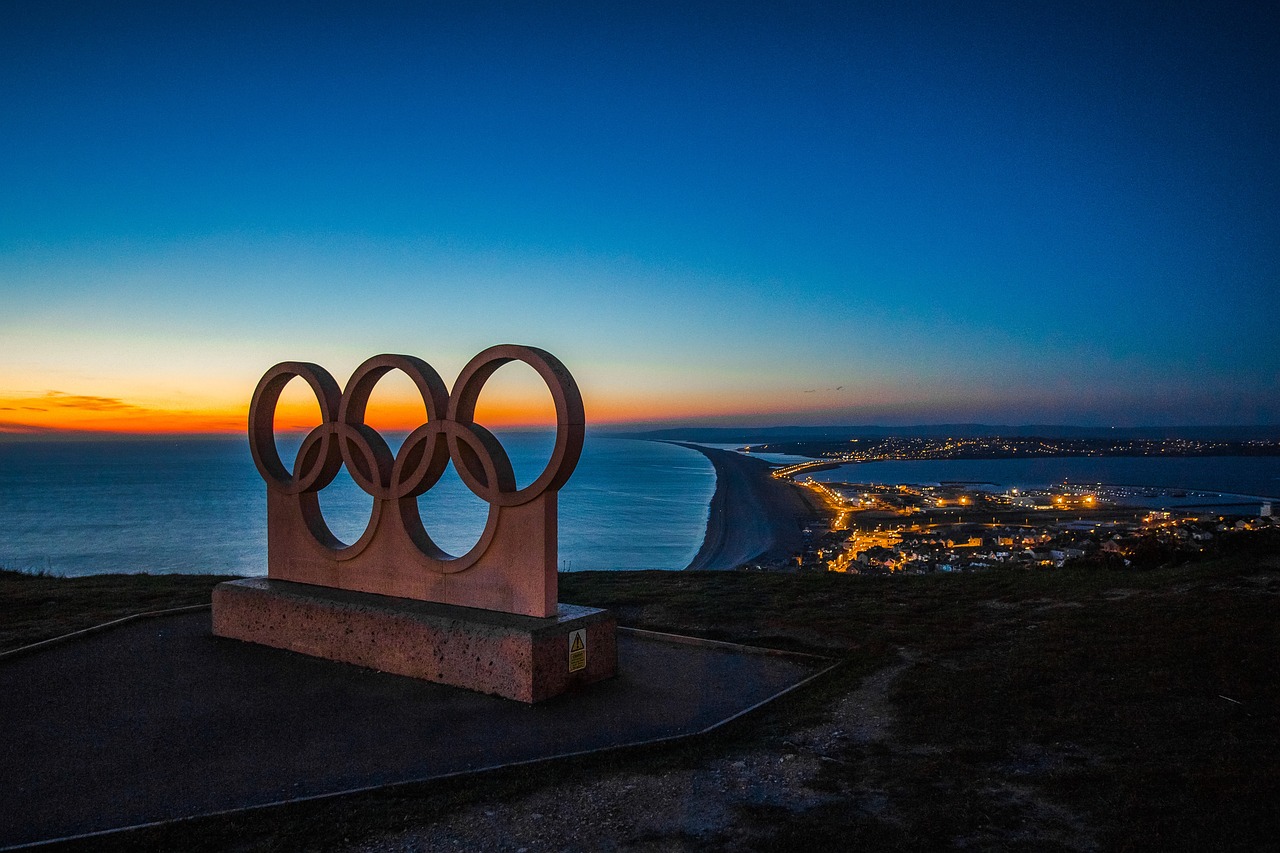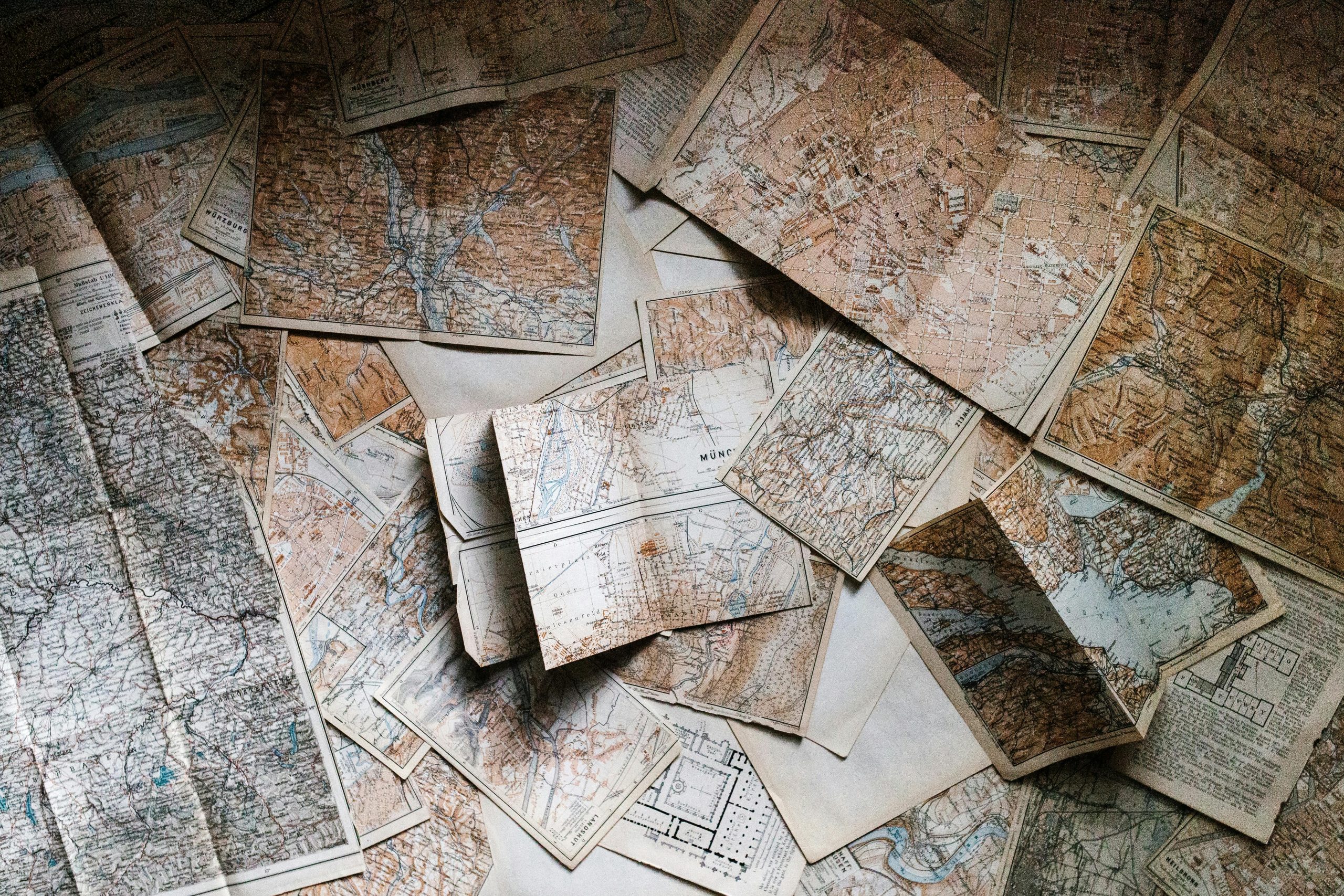Table of Contents
![]()
The Olympic Games, a celebrated global sporting event, have a rich and multifaceted history that spans over two millennia. Originating in ancient Greece, the Games have evolved into a symbol of international unity and athletic excellence. This article delves into the history of the Olympic Games, tracing their origins, development, and contemporary significance.
Ancient Olympic Games
Origins and Mythology
The origins of the Olympic Games are steeped in Greek mythology. According to legend, the Games were established by Heracles, the mythological hero, to honor his father, Zeus. This mythological background underscores the Games’ deep religious and cultural significance in ancient Greek society, where athletic competitions were intertwined with the worship of the gods.
Historical Background
The first recorded Olympic Games took place in 776 BCE in Olympia, a sanctuary site in the Peloponnesian region of Greece. Initially a local festival, the Games quickly gained prominence and became a major Panhellenic event. Held every four years, they were part of a larger cycle of religious festivals that celebrated Greek deities and the ideals of heroism and honor.
Structure and Events
The early Olympic Games featured a limited array of events. The primary competition was the stadion race, a foot race covering a distance of approximately 192 meters. As the Games evolved, additional events were introduced, including the diaulos (a two-stadion race) and the pentathlon, which combined five events: running, jumping, discus throw, javelin throw, and wrestling. Later additions included wrestling, boxing, and chariot racing, reflecting the expanding scope and complexity of the Games.
Cultural and Religious Significance
The Olympic Games held a central place in Greek culture, not only as a sporting event but also as a religious festival. The Games were held in honor of Zeus, and the truce declared during the Games, known as the Olympic Truce, ensured that conflicts between city-states were suspended, promoting peace and unity among the Greek states. This aspect highlighted the Games’ role in fostering a sense of shared Greek identity and cooperation.
Decline and End
The decline of the ancient Olympic Games began with the rise of the Roman Empire. The Romans, who were less interested in the Greek religious aspects of the Games, eventually incorporated them into their own festivals, diluting their original significance. The final blow came in 393 CE when Emperor Theodosius I, aiming to suppress pagan practices, decreed the closure of all pagan temples and festivals, including the Olympic Games.
Revival of the Olympic Games
Influence of Pierre de Coubertin
The revival of the Olympic Games in the modern era is largely attributed to Pierre de Coubertin, a French educator and historian. Motivated by a desire to promote physical education and international understanding, Coubertin envisioned a modern revival of the ancient Games. His efforts led to the establishment of the International Olympic Committee (IOC) in 1894, with the goal of reinvigorating the spirit of the ancient Games and fostering international peace through sport.
First Modern Olympic Games
The inaugural modern Olympic Games were held in Athens in 1896, marking a return to the Games’ roots. Organized by Coubertin and Greek officials, the 1896 Games featured 13 nations and 43 events. This revival was not only a nod to the past but also a new beginning for the Games, setting the stage for their future development. The success of these Games demonstrated the viability and appeal of the Olympic movement.
Evolution and Expansion
The early 20th century saw the expansion of the Olympic Games, both in terms of the number of sports and the scope of international participation. The introduction of new sports and events, such as basketball and synchronized swimming, reflected the growing diversity and inclusivity of the Games. The Games expanded from a modest event with a few participating nations to a global spectacle involving countries from every corner of the world.
Impact of World Events
World Wars I and II had a significant impact on the Olympic Games. The 1916 Berlin Games were canceled due to World War I, and similarly, the 1940 Tokyo Games were canceled because of World War II. Despite these disruptions, the post-war period saw a resurgence of the Games, with a renewed emphasis on their role as a symbol of peace and international solidarity.
Modern Olympic Games
Structure and Organization
Today, the Olympic Games are overseen by the International Olympic Committee (IOC), which is responsible for selecting host cities, managing the Olympic brand, and ensuring the Games adhere to their founding principles. The process of selecting a host city involves a rigorous evaluation of the city’s ability to meet the logistical, financial, and infrastructural demands of the Games.
Notable Developments
The inclusion of the Winter Olympics, which began in 1924 in Chamonix, France, marked a significant expansion of the Olympic movement. The Winter Games introduced a new array of sports, such as skiing and ice hockey, complementing the traditional summer sports. Additionally, the integration of the Paralympic Games, which began in 1960 in Rome, underscored the Olympic movement’s commitment to inclusivity and accessibility for athletes with disabilities.
Key Moments and Milestones
Several landmark Games have defined the Olympic movement. The 1964 Tokyo Games were notable as the first Olympics held in Asia, reflecting the global reach of the Games. The 1980 Moscow Games were marred by a boycott led by the United States, highlighting the intersection of politics and sport. The 1992 Barcelona Games, often considered a turning point, marked the end of the Cold War era and showcased the Olympic spirit’s ability to transcend geopolitical tensions.
Cultural and Technological Impact
The Olympic Games have significantly influenced global sports culture and international relations. Advances in broadcasting and technology have transformed the Games into a global media event, allowing billions of viewers worldwide to experience the excitement and drama of the Games. The integration of cutting-edge technology, such as virtual reality and advanced statistics, has enhanced the viewer experience and athlete performance.
The Olympic Movement Today
Current Trends and Innovations
In recent years, the Olympic movement has embraced sustainability and environmental responsibility. Initiatives aimed at reducing the Games’ carbon footprint and promoting eco-friendly practices reflect a commitment to addressing global environmental challenges. Additionally, efforts to enhance diversity and inclusion have been central to the Games’ ongoing evolution, ensuring that the Olympic spirit remains relevant and inclusive.
Future Prospects
Looking ahead, the Olympic Games face both opportunities and challenges. Potential changes to the format, such as the inclusion of new sports and adjustments to the scheduling, are likely as the Games continue to adapt to a rapidly changing world. Emerging sports and global issues will shape the future of the Games, influencing their structure and impact.
Ongoing Legacy
The Olympic Games continue to inspire future generations of athletes and global citizens. Their legacy lies not only in the celebration of athletic achievement but also in the promotion of unity and international cooperation. As the Games evolve, they remain a powerful symbol of the potential for sport to foster global harmony and excellence.
Conclusion
The history of the Olympic Games is a testament to their enduring significance and impact. From their origins in ancient Greece to their modern revival and global prominence, the Games have evolved while maintaining their core values of excellence, unity, and peace. As the Olympic movement continues to adapt and innovate, its legacy remains a powerful reminder of the universal spirit of competition and collaboration.
Share This





Be the first to comment